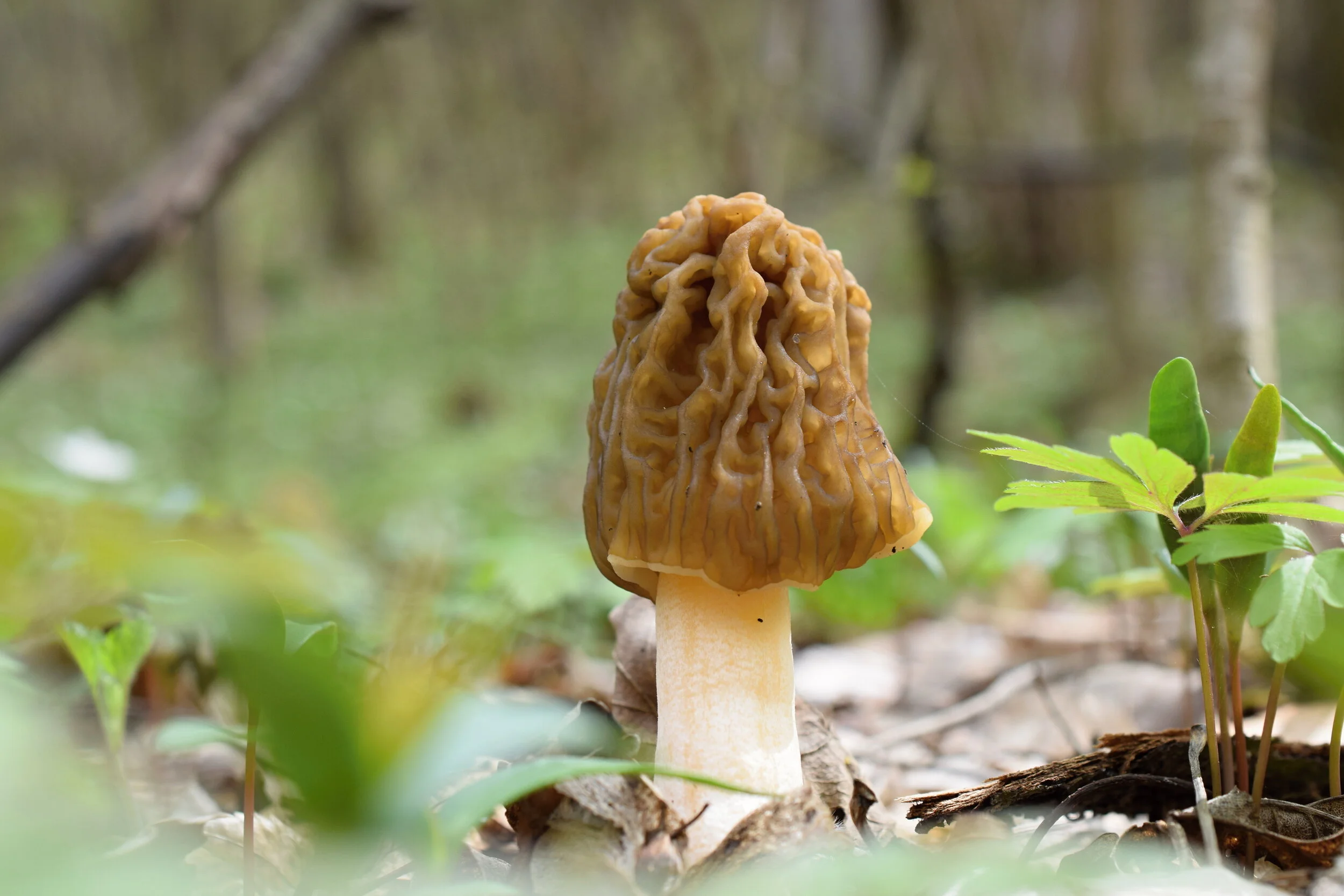GlobalFungi: FAIR and community-driven resource for studies on fungal biodiversity and ecology
Dr. petr baldrian
Institute of Microbiology, Prague, Czech Republic
Verpa bohemica.
Terrestrial ecosystems harbor tremendous diversity of organisms with fungi playing a pivotal role in various ecosystem processes. Fungi are essential as decomposers of organic matter driving nutrient cycles or as mutualistic plant symbionts that allow wild plants and agricultural crops to get access to soil nutrients but they also represent important pathogens of plants and animals that may negatively affect health of ecosystems or food security. Because of their predominant cryptic lifestyle, only approximately 150,000 fungal species were so far described out of the several millions that are predicted to exist on our planet. Even less is then known about global distribution and ecological preferences of the fungal species. To overcome the limitations of their direct observation, researchers apply molecular methods of detection to describe fungal diversity. Thanks to the recent advance of high-throughput-sequencing (NGS) methods we are facing an accumulating wealth of fungal sequencing data from various geographical regions, ecosystems and habitats. However, the accumulating raw fungal NGS data in sequence repositories so far just piled up and did not bring much extra value for scientific community.
The GlobalFungi Database interface.
The idea behind the GlobalFungi Database, created by the “GlobalFungi Team” from the Institute of Microbiology in Prague, is to process and compile the available published data on fungal community composition obtained by next-generation-sequencing and to provide the access to this rich resource of biodiversity information to everyone through a web based interface that allows various queries and visualization of results. The GlobalFungi has two main principles: (1) FAIR Data approach: making data Findable, Accessible, Interoperable and Reusable with a convenient access for users and (2) participation of scientific community by welcoming and motivating authors to submit their data to make them public, visible and accessible. At present, the GlobalFungi database contains over 650 millions of observations of individual fungal taxa in the form of DNA sequences that were detected in some 20 000 samples collected from more than 200 published studies. The user interface at https://globalfungi.com enables the users to access the database in several ways which are described in the following How to use YouTube video below. Most importantly, all researchers in the fields of fungal biodiversity, ecology and biogeography are invited to contribute their own data and to help to create the database for the utility of the scientific community. The easy instructions to submit their data are provided in the How to submit your study YouTube video below. We believe that data sharing and community collaboration is the future of the biodiversity science on the global level since individual research groups or consortia will never be able to perform analyses at a comparable scale. GlobalFungi should show this path into the future of the science.
Publication: Větrovský et al. GlobalFungi, a global database of fungal occurrences from high-throughput-sequencing metabarcoding studies. Nature Scientific Data 7, 228 (2020). https://doi.org/10.1038/s41597-020-0567-7


